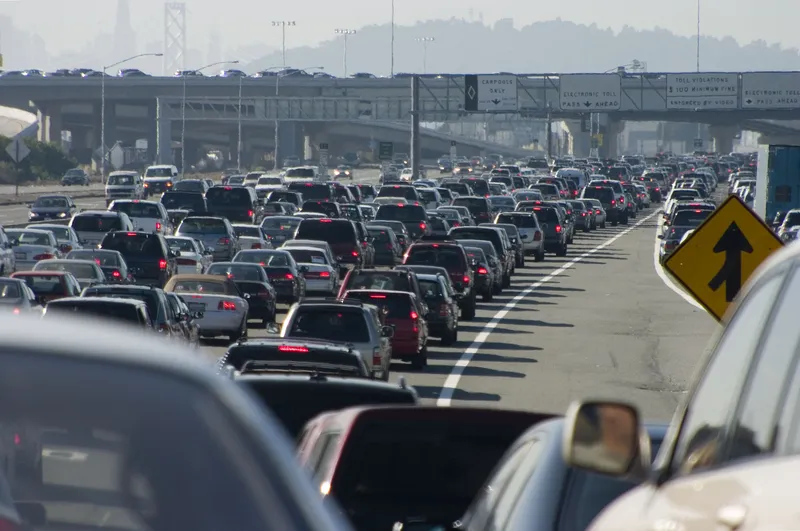Technology company Greenlots has partnered with
The project is part of a public-private partnership, in which the California Air Resources Board (CARB) awarded $44.8 million to the South Coast Air Quality Management District. The funded was used for
As part of LIGHTS, Greenlots will equip warehouses with heavy- and light-duty charging infrastructure, integrate the chargers with onsite solar photovoltaic and energy storage systems and utilise charging management software to deploy the Volvo electrified trucks.
LIGHTS is part of California’s Climate Investments – a statewide initiative that seeks to reduce greenhouse gas emissions and improve the environment.
All charging equipment, which includes Level 2 chargers and 150kW DC fast-chargers, will operate on Greenlot’s Sky enterprise software platform to manage the fleet, charging stations and energy storage systems.
Brett Hauser, CEO of Greenlots, believes there are benefits of electrifying medium- and heavy-duty fleets, but there are also challenge associated with power requirements.
"Our solution offers fleet owners the lowest total cost of ownership by managing energy usage to prevent high utility bills and supplying grid operators with the tools needed to safely integrate EVs and renewables into the grid,” Hauser adds.
Greenlots will work with









